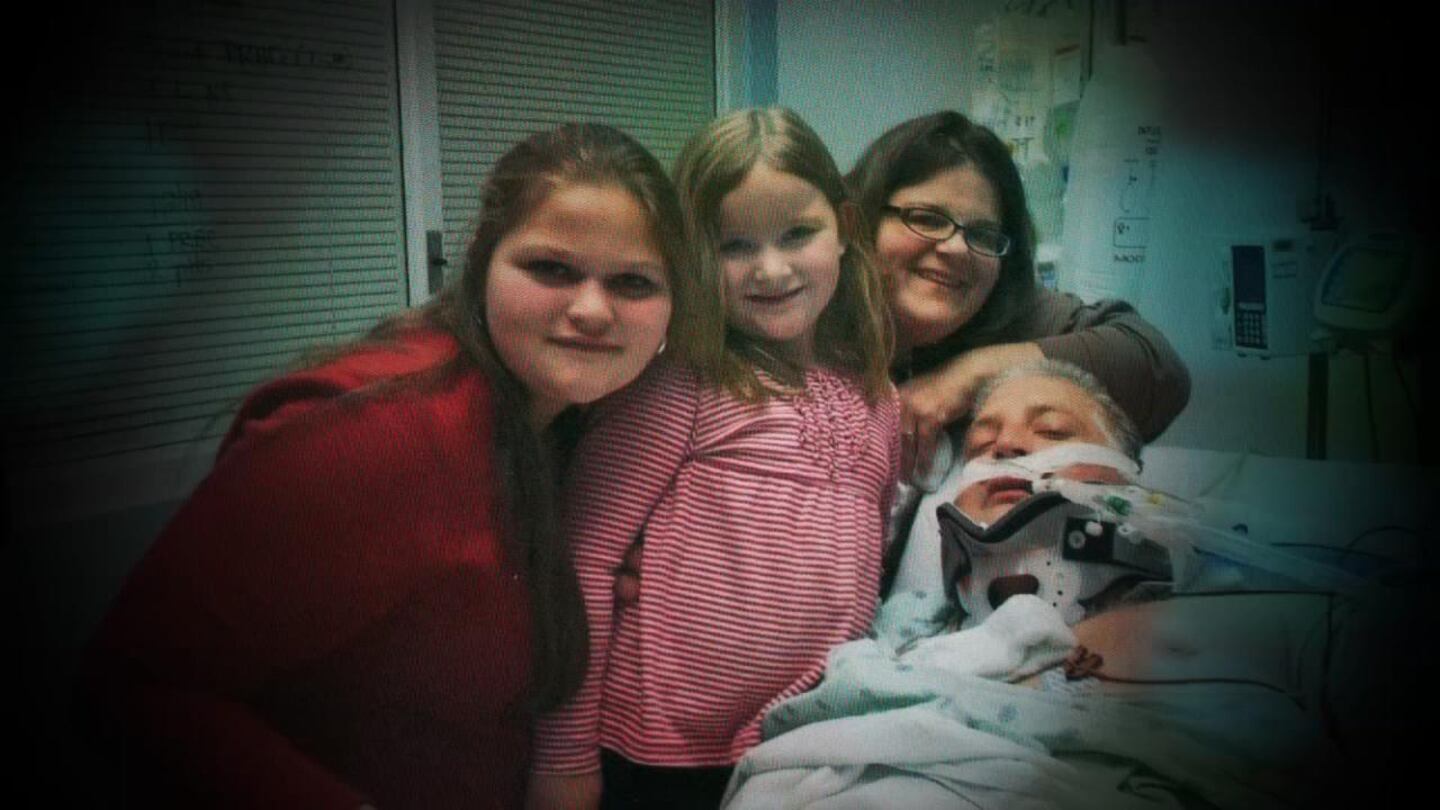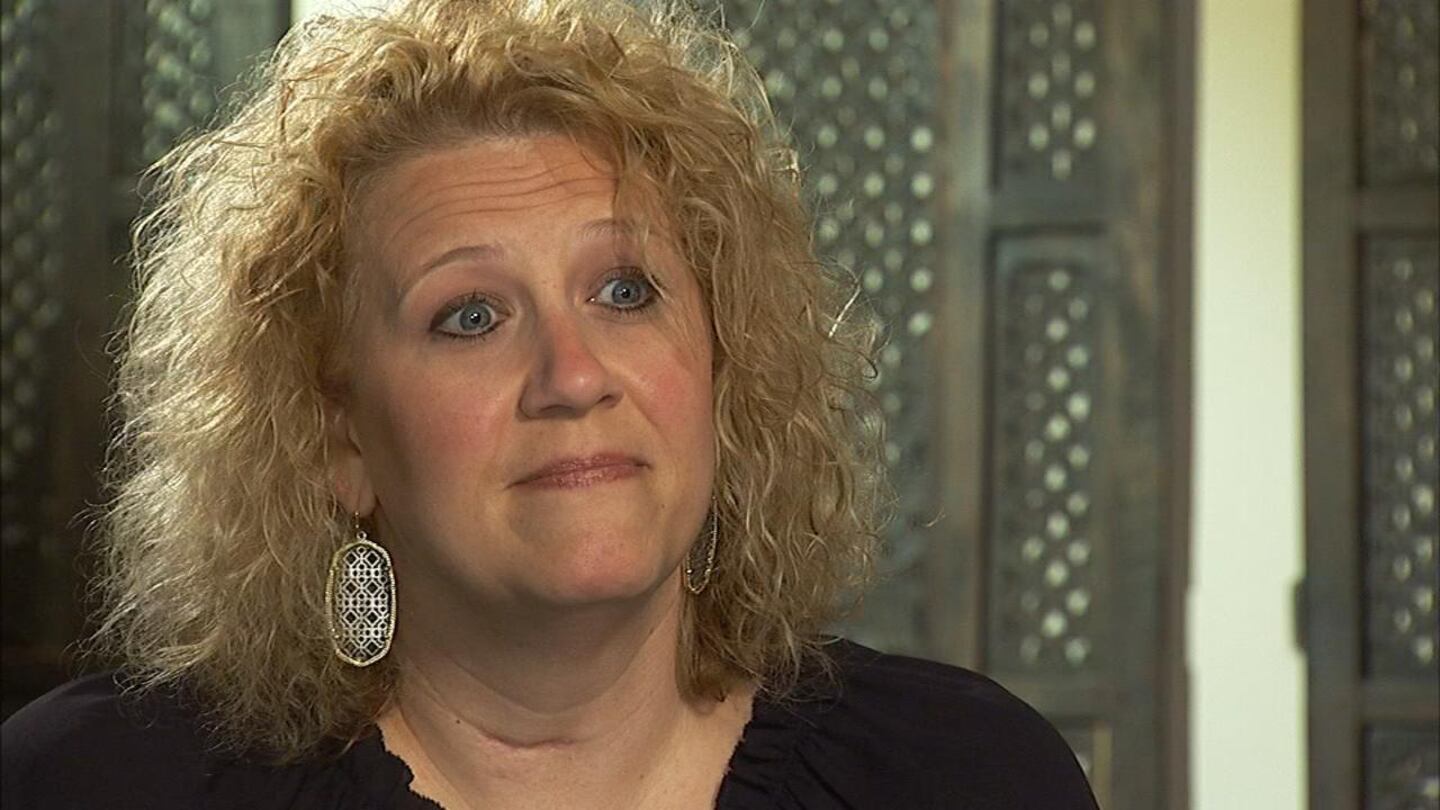ATLANTA — A Channel 2 Action News investigation uncovered thousands of Georgians injured on the job each year have problems accessing medical care.
"They pester you so much it seems like, you know, to where you get so aggravated that you finally just say screw it," Keith Grisco told Channel 2 investigative reporter Aaron Diamant.
Grisco said he’s fed up with Georgia’s profoundly complex workers compensation system more than three years after a horrific crash, while on a company service call, that left him hurt so badly he nearly died twice.
"I can't even describe the pain," Grisco said.
He is still recovering from critical internal injuries that require life-long care, and nerve damage in his legs that may never heal.
"Our lawyers told us that, ‘Oh, they're going to be great at first, but you know, wait a year or two, you know, see what happens,’" he said.
"The system is set up to frustrate people to where they finally give up."
Grisco's initial emergency care got covered no problem, because of the severe nature of his injuries, but he says his company's insurer wore him down with so many denials and delays authorizing follow-up care, prescriptions, and supplies he finally caved in and accepted a settlement.
"You're just like, 'Fine, I’ll settle for that, jeez. I just want to wash my hands of y‘all and be done with it,'" Grisco said.
Attorney Sarah Stottlemyer is adamant Grisco's not alone. She did not represent him, but told Diamant there are scores of Georgians in his position.
RECENT INVESTIGATIONS:
- Are your kids safe? Predators reaching children through online games
- Flight attendants say air inside planes can be toxic
- DUIs in Georgia drop nearly 50% ... one reason why might surprise you
"It's absurd the way the system is set up to frustrate people to where they finally give up," Stottlemyer said.
A recent study by the nonprofit Workers Compensation Research Institute (WCRI) found 18 percent, or nearly one in five, Georgians injured at work who experienced more than seven days lost time reported "'big problems' getting services they or their primary provider wanted." Among those 52 percent, or more than half gave "employer or insurer did not want the care provided" as the reason. They also found that Georgians hurt on the job had some of the lowest return to work rates.
State Workers Compensation Board chairman Judge Frank McKay said the state commissioned the WCRI to get in front of problems. He’s also worried about delays in treatment.
"We see delays in getting the authorization, where there is not an articulated reason for that delay, and that's the problem, and I have recognized that and we are targeting that," McKay said.
Prior approval for specific treatments or supplies is not required under Georgia law. However, many doctors in the workers comp system demand some sort of payment guarantee up front. McKay said new board rules, which take effect next year, will get judges involved sooner to sort out delays in a matter days, plus the power to impose sanctions against employers or insurance companies that delay access to care without a good reason.
"The payer proceeds at their peril in issuing delay after delay in a situation like that," McKay said.
The board can already levy sanctions under its current rules, but when we asked McKay which companies it's punished for deliberate delays and how often, he told Diamant the board doesn't track that.
"It just doesn't do that?" Diamant asked.
"It does not, not that I know of." McKay replied.
McKay said he thinks that information would be useful to see if there are payees who constantly delay authorization for medical treatment, but told Diamant the board would need a computer system to be able to track that information.
McKay said only 13 percent of all Georgia workers comp claims opened each year end up before the board, but that's still more than 18,000 cases, including Stottlemyer's client Lori Bunn.
"For four years almost my life's been on hold, and I don't know what's next," Bunn told Channel 2’s Aaron Diamant.
A stool fell on Bunn's head in a stockroom nearly four years ago. When therapy didn't work her doctor recommended neck surgery, but the insurer said no.
"Sarah said, ‘Do you want to fight it?’ And I said, ‘Absolutely, let's fight this,’" Bunn said.
Bunn took her case to the board and initially the board denied authorization for her surgery sighting a conflicting opinion from another doctor (claims can be reviewed by another physician, sometimes in another state). When she won approval after going to the board’s appeals board the entire process that took more than a year. By then the surgery she needed was far more serious.
"Think about if that person who was injured is your wife, is your daughter, is your son, is your husband ... would you want them to go through this?” Bunn asked.
Diamant tried to speak to Georgia’s Employers' Advocate group about this issue, and they never returned his calls.
Cox Media Group







